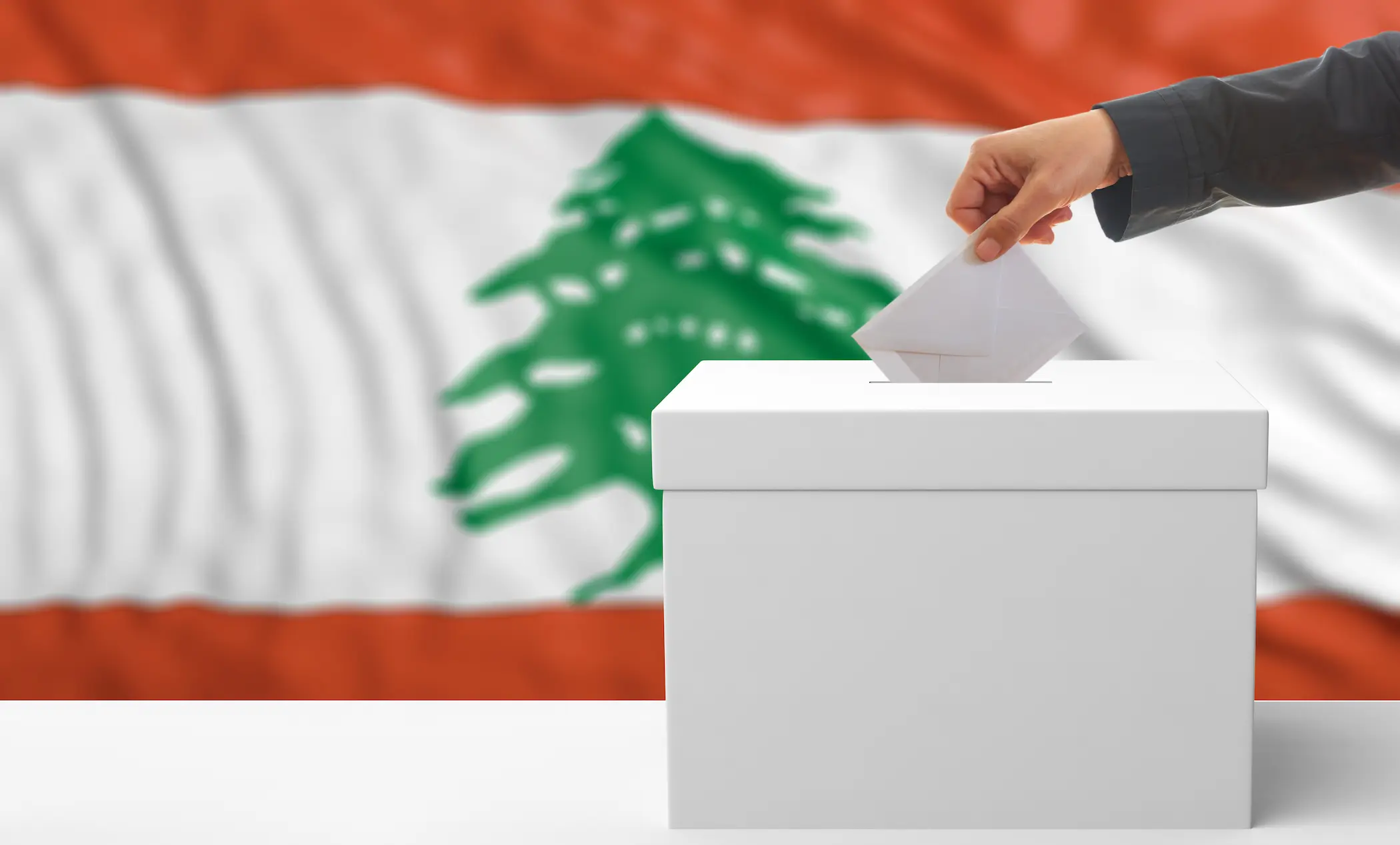20 Feb 2025
The Al Habtoor Research Centre Gaza Reconstruction Plan
The Gaza Strip, tragically marked by recurring cycles of conflict and destruction, faces a complex and deeply entrenched crisis that extends far beyond the visible damage to its buildings and infrastructure. The repeated devastation has crippled its economy, fractured its social fabric, and left its population in a state of perpetual vulnerability, demanding a comprehensive and transformative approach to recovery. Traditional reconstruction efforts, while necessary, have often fallen short by primarily focusing on the immediate task of rebuilding damaged structures. These efforts, though well-intentioned, have frequently failed to address the fundamental underlying economic and governance challenges that perpetuate instability and hinder long-term progress. This report, therefore, proposes a fundamentally different approach: a three-pillar framework that integrates immediate humanitarian relief with long-term strategies for economic sustainability and the establishment of durable peace. This holistic approach recognizes that true recovery requires not only rebuilding physical infrastructure but also fostering economic opportunity, strengthening governance, and promoting social cohesion, ultimately breaking the cycle of conflict and paving the way for a more stable and prosperous future for the people of Gaza. This three-pillar approach addresses the problem from a broader perspective.
8 Jan 2025
Back to Square One: Will the Presidential Vacuum in Lebanon Come to an End?
Lebanese Parliament Speaker Nabih Berri reiterated his call for a general session of Parliament on Jan. 9, 2025, to elect a new president as Lebanon’s presidential vacuum stretches into its third year. This call comes amid an ongoing crisis that began on October 31, 2022, following the end of former President General Michel Aoun's term. Aoun’s departure marked the conclusion of a previous presidential vacuum that lasted for 29 months, during which 45 attempts to reach a quorum for his election were unsuccessful. In the current vacuum, Parliament has failed to elect a president after twelve sessions, the most recent of which was held on June 14, 2024. This series of unsuccessful attempts highlights the profound complexities of Lebanon’s political process.
Recent domestic initiatives aimed at resolving the presidential vacancy and reaching a consensus on a candidate have also faltered. Meanwhile, representatives from five key countries, the United States, France, Saudi Arabia, Egypt, and Qatar, continue their efforts to mediate and navigate the obstacles hindering Lebanon’s political forces from agreeing on a mechanism to address the protracted vacancy crisis.
Amid persistent uncertainty surrounding the identity of Lebanon’s next president, political circles have been actively circulating the names of potential candidates. Among these, Commander of the Lebanese Army General Joseph Aoun, has emerged as a strong contender and is widely viewed as a likely consensus candidate.
The upcoming parliamentary session has ignited significant hopes that it may produce tangible results and lead to the selection of a new occupant for Baabda Palace. However, this optimism is tempered by pressing questions about whether Lebanon’s political forces can overcome their divisions, resolve the presidential vacuum, and converge on a candidate amidst the shifting political dynamics within Lebanon and across the region.

